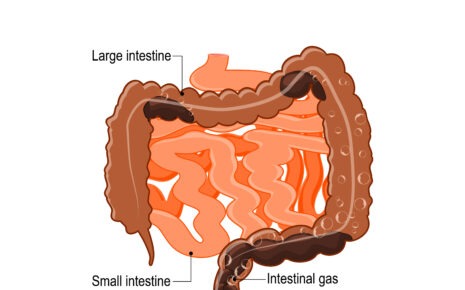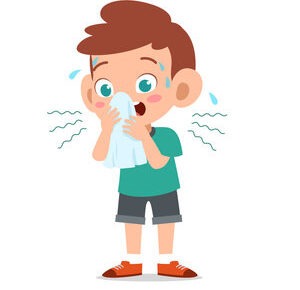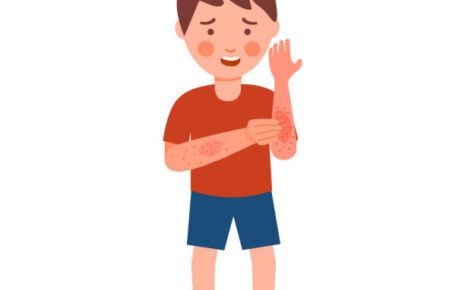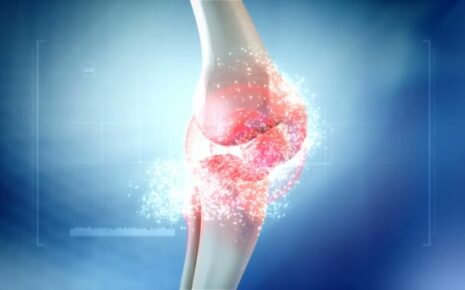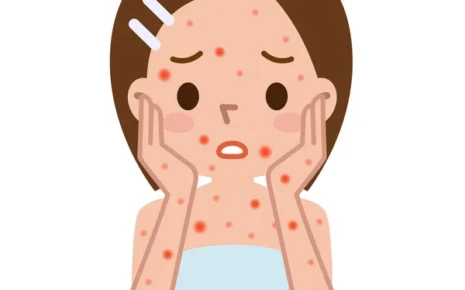Constipation Causes, Symptoms, and Treatment
Constipation is a prevalent health problem that affects people of all ages and backgrounds. It is the sensation of having fewer than three bowel movements per week, of having hard, dry, or lumpy stools, of having trouble or discomfort passing stools, or of having the impression that not all stool has gone. Constipation is not …

